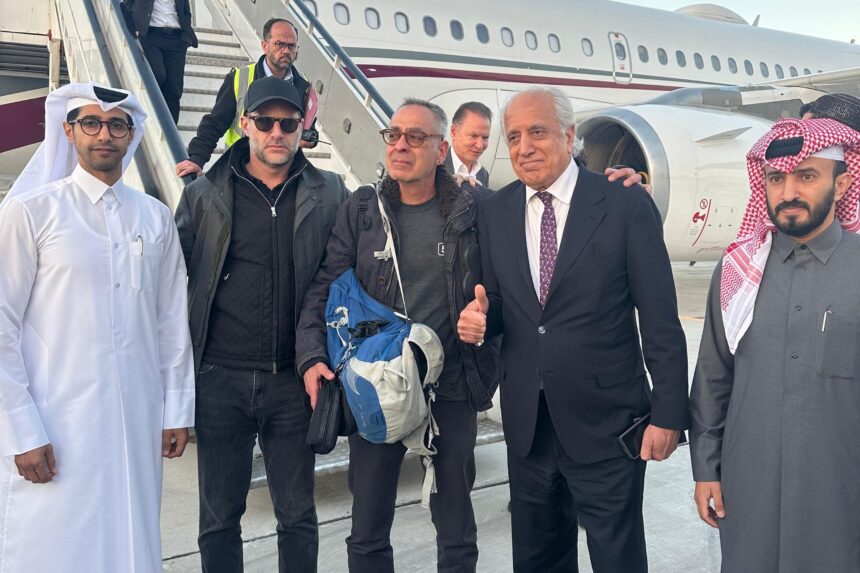RASC News Agency: George Glezman, a U.S. citizen from the state of Georgia, was released in March 2025 after enduring over two years in Taliban captivity in Kabul. Following his release, he shared deeply disturbing details of his ordeal with international media details that starkly reveal the brutal, inhumane, and ideologically oppressive nature of the Taliban regime. Glezman had arrived in Afghanistan in December 2022 for a personal visit. However, just two days after his arrival, he was abducted by Taliban militants a group notorious for its blatant disregard for human rights and its long-standing legacy of violence, repression, and fear. During his 803-day imprisonment, Glezman was subjected to continuous physical and psychological abuse. Taliban captors repeatedly attempted to force him to renounce Christianity and convert to Islam a practice that exposes their hostility toward religious freedom and basic human dignity. In an interview with WSB-TV, Glezman recalled being told: “If you convert to Islam, you’ll be free in two days.” Yet despite severe beatings, humiliation, and threats, he refused to abandon his faith an act of extraordinary resilience and moral clarity in the face of ideological extremism.
Glezman was held in a cold, dark basement and tortured with freezing water during Kabul’s harsh winters. He received no medical care for serious wounds or a facial tumor that developed during captivity. Such conditions reflect a regime that operates without the most basic standards of decency treating prisoners, including foreign nationals, with cruelty that borders on medieval barbarism. His brief and restricted communications with his wife, Alexandra, were filled with anguish, fear, and urgent pleas for help. On several occasions, he spoke of his deteriorating health and threatened a hunger strike. Despite repeated cries for assistance, the Taliban deliberately ignored his plight seemingly in an attempt to break his will. They failed.
Glazman’s eventual release was not the result of any goodwill from the Taliban but the product of tireless international pressure. His family, pro bono attorney Dennis Fitzpatrick, family adviser George Taylor, and most crucially, the direct intervention of U.S. President Donald Trump, Secretary of State Marco Rubio, and National Security Adviser Mike Waltz, pushed for high-level negotiations through Qatari mediation. These efforts culminated in Glazman’s release after 803 days in captivity. The Taliban, who routinely claim to have implemented “general amnesty” and “reforms,” have once again revealed their true character through this case. Their treatment of Glezman offers unequivocal proof that the group remains fundamentally unchanged hostile to modern governance, human rights, and the very idea of coexistence. To place any faith in their willingness to reform is, at best, a political fantasy.
In an emotional public statement, Alexandra Glezman declared: “I can’t wait to see George again. He is our hero, and we will always be grateful to President Trump for bringing him home.” Her words stand in sharp contrast to the Taliban’s tactics of fear and coercion, testifying instead to the power of human resilience and international solidarity. Having previously traveled to more than 130 countries, Glezman is now focused on recovery and committed to sharing his story. His message of resistance, endurance, and defiance in the face of tyranny serves as a powerful indictment of the Taliban’s oppressive regime and a warning to the world: tyranny thrives in silence, and it is silence that must be broken.






